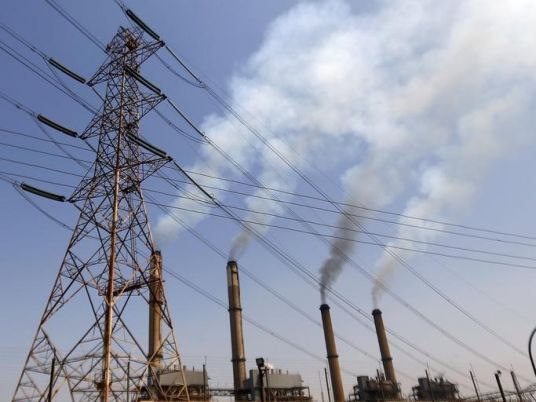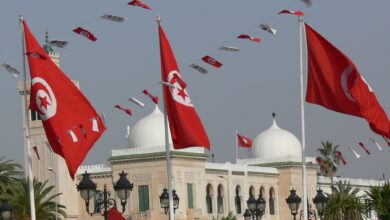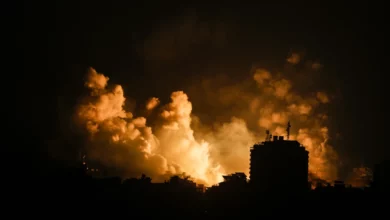
Libya will import electricity from Egypt and Tunisia and rent generators as it struggles with power outages that have plunged its main cities into darkness, the Tripoli-based prime minister said.
Four years of fighting following the ousting of leader Muammar Gaddafi has hobbled Libya's oil industry and power grid, with damaged plants and foreign firms reluctant to deliver spare parts needed to repair them.
Outages in the capital Tripoli lasting up to 18 hours a day have forced the country's biggest steel company to close as well as dozens of bakeries and petrol stations.
The blackouts are even worse in the east where the main city of Benghazi has seen only sporadic power in the past few days, shutting down the mobile phone network for much of the day.
Libya will get 250 megawatts (MW) (0.25 gigawatts GW) of electricity from neighbouring Tunisia and 75 MW from Egypt, Khalifa al-Ghwell told a televised news conference on Tuesday.
Al-Ghwell said his government had also rented generators with a capacity of 240 MW, adding that the closure of steel firm Lisco would save 100 MW which will be fed into the Tripoli grid.
There are also plans to try to restart the Sarir power plant this week, he said.
Al-Ghwell provided no details on delivery of the electricity nor on how the scheme would be funded.
In November, APR Energy Plc, which runs temporary power plants, said it had suspended its Libya operations, citing unfinished paperwork by Libyan authorities regarding renewal of a 450-MW power contract.
Al-Ghwell is prime minister of the National Salvation government set up in Tripoli after an alliance of armed factions from Misrata and other western regions called Libya Dawn took control of the capital in August 2014.
It controls key state institutions there such as ministries and the headquarters of the electricity company while Libya's internationally recognised government has withdrawn to the east, where it operates from the town of Bayda and has set up a parliament in Tobruk.
According to the U.S. Energy Information Administration, Libya's installed electricity generation capacity was over 7 GW in 2012.
However, demand for electricity has more than doubled since 2000 as living standards have improved, outstripping capacity and creating electricity shortfalls.
It is estimated that power demand will increase two-and-a-half fold by the end of 2020.




